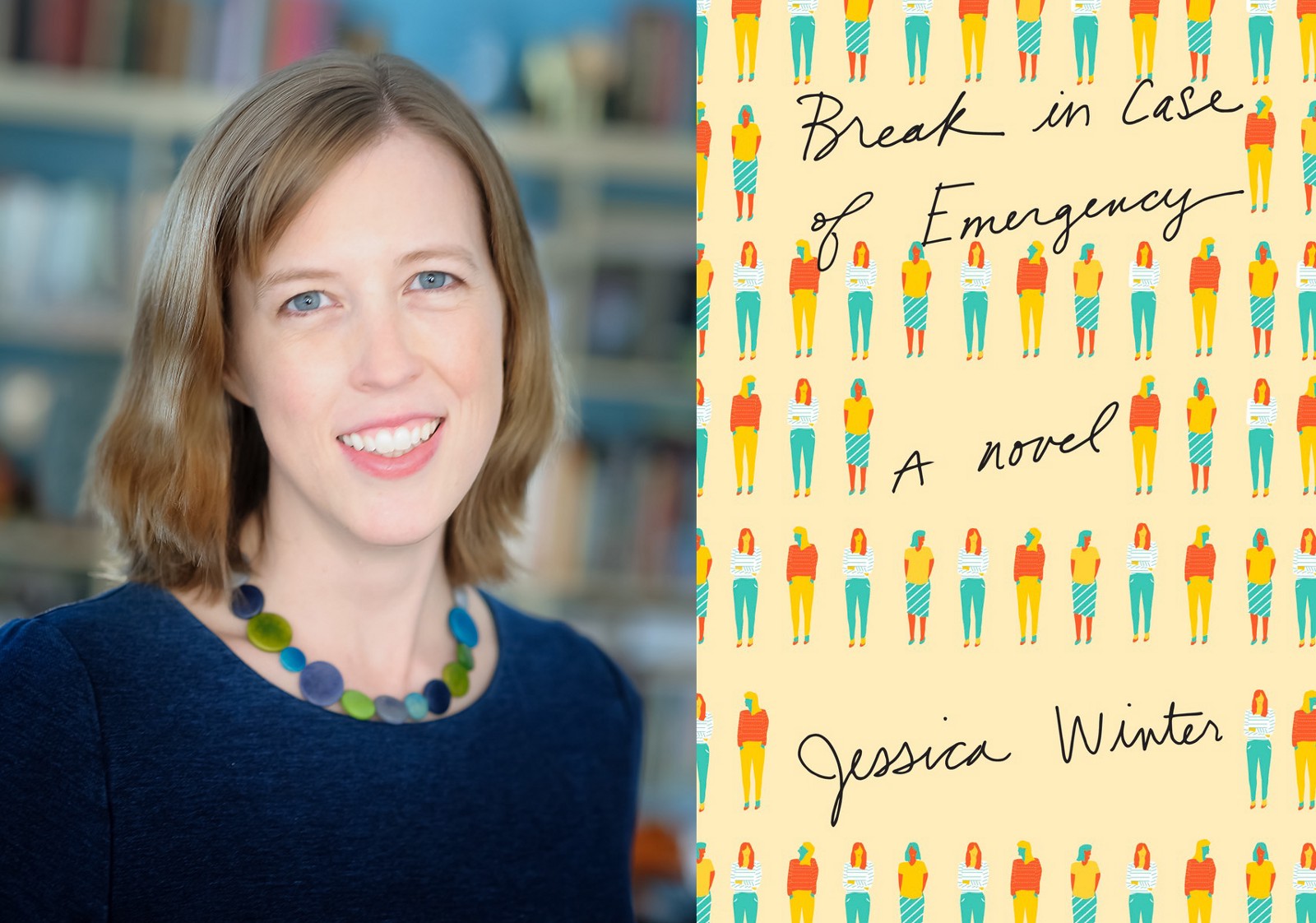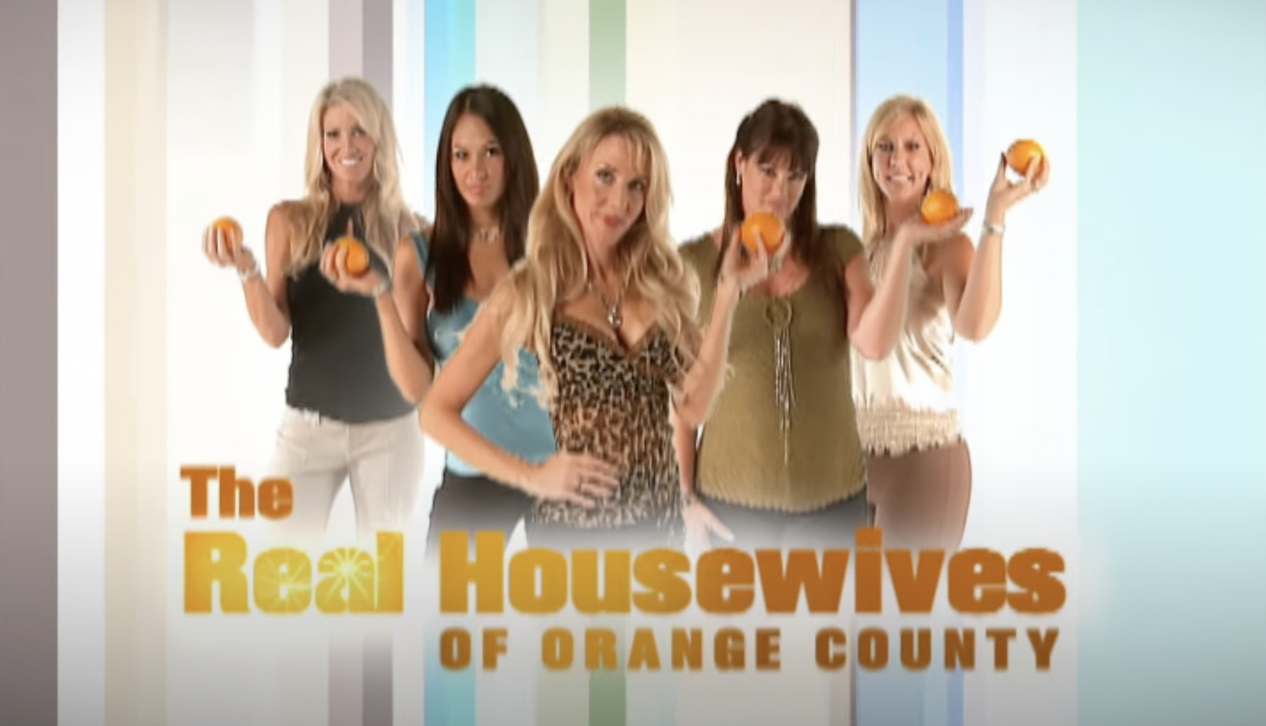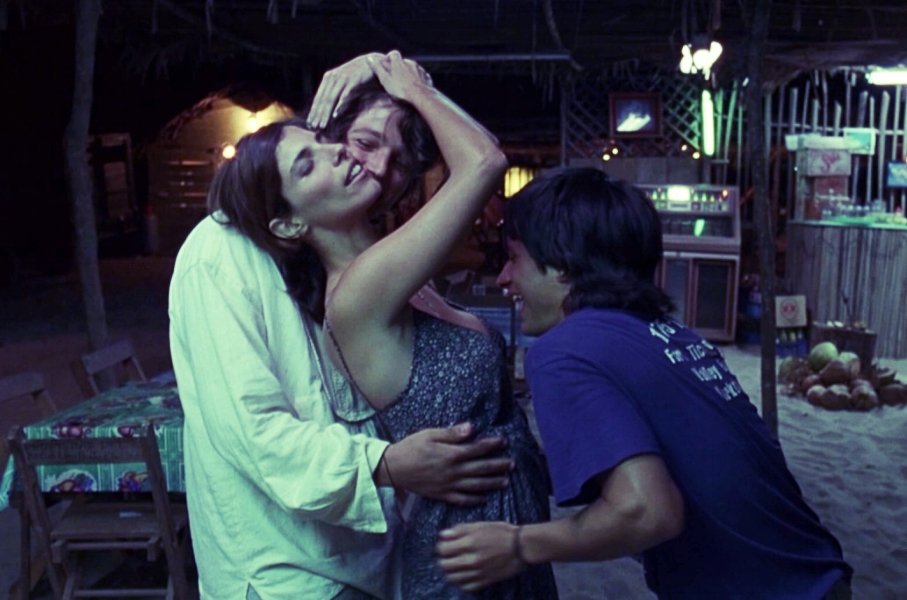Craft
Maryse Meijer’s Romance under Patriarchy
The Author of Heartbreaker Talks about Weird Fiction, Twins and Truck Stop Heroines

Maryse Meijer shreds readers’ hearts and souls in her debut collection Heartbreaker. Her characters are lonely, obsessive, and sometimes otherworldly. In the title story a high school student named Natalie molests a mentally handicapped boy. In “The Daddy” a woman hires a younger man on Craigslist to play her doting father. In “Love, Lucy,” the antichrist emerges on Earth in the form of a little girl. “The Cheat” involves an actual fox that seduces a teenage girl with junk food at a Christian weight loss camp. The rest of the stories also unmask humanity’s worst creatures so that every instance feels dangerous and leaves you with images that are impossible to forget.
A friend introduced me to Maryse in front of a taco truck in Los Angeles during the AWP conference. We hitched a ride to a party and spent the night chatting about our mutual love of California, Chicago, and writing. In person Maryse is anything but mean or weird or dark, like the people she produces in her work. She is kind, smart, and charismatic. She currently lives with her husband and daughter in Chicago, which is where she was when I called her months later for this interview about Heartbreaker.
Andrea Arnold: While dark, your stories are unique and memorable. I found myself relating every little detail back to my fiancé. Where do your characters come from?
Maryse Meijer: They certainly don’t come from my life, thank god [Laughs]. They’re mostly inspired, honestly, by other people’s art. I’ll listen to a song or watch a movie or read a book or look at a painting and I’ll think, I want to make something like that, I want to re-create the feeling that this scene or melody made me feel…and out of that comes these people and scenarios. It’s rare that I think of an idea and sit down to write it out. It really all comes from wanting to capture a feeling that I get from something someone else has made.
Arnold: How do you perceive someone like Kathleen in The Daddy? Who is she to you?
Meijer: She’s someone whom everyone else sees as just a nobody. But she has this secret life and in it she’s everything, she’s important, she’s powerful and desirable and loved. Going on to this site and hooking up with this other guy is her way of proving that she’s someone.
Arnold: Love, Lucy and Whole Life Ahead are almost genre fiction. One is seemingly about a werewolf-esque little girl and the other is about the undead. What genre do you consider your stories to be?
Meijer: That question didn’t come up for me until the book was being reviewed and people mentioned these stories as having “gothic” or “fantasy” elements. Often the stories are read as metaphors, but most of the time I’m being literal — for example, Love, Lucy is about the antichrist, and for me that’s what she really is.
“Weird fiction” is a genre, so maybe we should all just stand under that umbrella and call it a day.
If you take things literally, you’re usually considered a genre writer, but all of genre fiction works powerfully on a metaphorical level, too, of course, so I don’t know what the distinction is and I don’t particularly care. People like Kelly Link and Helen Philips and George Saunders and Amelia Grey are doing all kinds of weird things….and “weird fiction” is a genre, so maybe we should all just stand under that umbrella and call it a day.
Arnold: You play with perspective. In the opening story, “Home,” a girl asks to be taken. The relationship that ensues is puzzling because the reader doesn’t know if it’s the man or the woman who is the abuser, if either of them are. Did you mean for readers to almost look at that story in a fun home mirror so that the interpretation is different for everyone?
Meijer: One thing I noticed when putting this collection together with my agent was that most of the gender roles are reversed or another kind of role is reversed, and power dynamics shift in unexpected ways. In “Home,” the girl is in a situation where she’s almost a hostage, but at the same time she’s insisting on that role, while the guy is trying to get rid of her. It’s unclear who wants what and the ambiguity of the situation is what makes it feel, to me, so threatening.
I think a lot of the stories operate on this idea of a power reversal. What’s interesting to me is that in the reviews a lot of the people are applauding the female characters as champions of feminism. They are out there doing what they want to do. Which is curious to me because I think none of these characters are making wise choices. [Laughs] One of the ideas I was trying to get out was that romance under patriarchy, no matter what gender you are, is always going to be a little fucked up. Our notions of romance are influenced by shitty patriarchal notions of what love is. So I don’t see the reversal when it takes place in the story as necessarily a positive thing. It’s just another way to look at the same problem.
Arnold: In “Fugue” the roles are also reversed. Three boys consider threatening a girl, but instead she becomes an attacker of sorts. It’s such a violent story, but a fantasy many girls might have. Do you ever come to stories in that way, like by thinking, What would I do if only I had this special power?
Meijer: This is one of the few stories that has a real-life inspiration. My husband and I used to drive a lot cross-country, and we would stop at these twenty-four hour truck stops in the middle of the night. There would always be these young girls working by themselves in these convenience stores. Which seemed crazy to me. I thought for a long time about writing a story about one of these girls, about what would happen — what I imagine does happen — if a group of boys try to take advantage of the situation. We all know what could happen — she can go with those guys and something bad can happen to her, but that’s not quite the story I wanted to tell. So the story takes a different turn, but it’s still not exactly a happy ending. She has power in that particular instance, but in the bigger scheme of things she’s a damaged person using that damage as a weapon.
Arnold: You start out with damaged souls. I can’t stop thinking of the story “Stones.” I have to ask, why stones? Why not some other device? It’s like Fifty Shades of Grey but not.
Meijer: [Laughs] I think that should be the tagline of the book. It’s like Fifty Shades of Grey but not! Why the stones? I don’t have a good answer to that — the stones (which are used as a kind of fetish object) appeared and I kept them in because they felt right. I suppose they could be a metaphor of some kind, but, again, to me they serve a literal function. I leave the interpretation up to the reader.
Arnold: What is most remarkable to me is that you pull it off. Which one of these stories is your favorite?
Meijer: “Home,” which I wrote eight years ago, was the first story that I wrote that made me feel like, this is a story that I would want to read. I have a twin sister, and when we were young we had a hard time finding the kind of stories that wanted to read, so we made up our own. We still do that today. We have our paracosm, as they call it, like the Bronte family did, and we make up all sorts of crazy stuff together. She’s the person I write for. She’s the one who told me I had to be a writer. She said, “I’m going to be a scientist, you’re going to be a writer, and we’re going to take over the world.” She’s the boss.
Arnold: What is your writing background?
Meijer: I was writing pretty seriously when I was younger — I can’t remember a time when I wasn’t making stories. I took writing classes as an undergrad, and got my MFA, which was not the best experience. There was a very pronounced aesthetic at work there, which I found very traditional — it was all about Alice Munro, William Trevor, the great Chekhovian tradition. People kept saying to me, “You don’t know why anyone is doing what they’re doing, so you don’t really have a story.”
A lot of writers are really caught up in the psychology of characters and I couldn’t care less about psychology.
They wanted backstory. I was told to write this long essay on motivation. [Laughs] I was not very successful. They kept insisting I explain my work, which I refused to do because it just didn’t interest me. A lot of writers are really caught up in the psychology of characters and I couldn’t care less about psychology. I’m more interested in showing what people do than in telling anyone why they’re doing it. But maybe that goes back to being inspired by atmospheres, feelings, images, trying to pull narrative out of that, to get a feeling across rather than an explanation for that feeling, the explanation for a particular action. The action already has meaning when placed in context…and it’s the context a writer has to get right, and there are so many ways to do that.
Arnold: Did you have a writing mentor?
Meijer: There were so many supportive adults in my life when I was a young person, people who treated me as if I was creating stuff that was really worthwhile, who took me absolutely seriously. People who didn’t just pat me on the head. I had an eighth grade teacher who let me write during class whenever I wanted — he showed such respect for me, gave me so much encouragement. He saw how important writing was to me and he gave me the space to do it. And I had a high school English teacher who said I was a better writer than he was — in a world where young people are always treated as if they are “becoming” something, as if they are apprentices, never masters, this was a really profound thing to hear. And then I got my MFA and people told me that I was “too young” to know what I wanted to do, how I wanted to write…that was my first real experience of being treated as a child — in graduate school! But it can be good to meet resistance, to get some pushback — you can learn a lot in a defensive position, because you have to really know where you stand, what you stand for.
All artists should have a twin!
I was lucky, too, in that I had my sister always telling me not to give a shit about what anyone says. [Laughs] All artists should have a twin! All humans should have a twin, really, because a twin gets you. Your ideal audience is the person you were born with and so no matter what, there’s this one person, at least, who so totally supports you, it doesn’t matter so much if everyone thinks you’re making total crap. Your twin is a built in cheerleader, support system, editor, fan base. It’s a pretty good deal!
Arnold: Have you ever written a story about twins?
Meijer: No! I get asked that a lot. When I think about writing about a twin or a child — I have a daughter — I can’t imagine it! It’s almost too sacred a topic. [Laughs]
Arnold: Did you submit these stories to lit mags, and if so what kind of feedback did you receive? I’m wondering if editors were afraid to pursue them.
Meijer: Very little feedback. I probably made five hundred submissions over the years…. I was pretty diligent about getting out there. But before this book was sold I had only published seven or eight times. And it’s still true that 99.9% of the time when I submit I get a form rejection. I think that’s fairly normal for anyone, no matter what kind of work you’re doing. I know my work isn’t the most mainstream, and that might limit it, but there are tons of places doing experimental stuff…the fact is every market gets thousands of submissions a month and the slush pile is unavoidable. Most of the time you don’t know why you’re getting rejected because it’s all very impersonal. You just have to keep your chin up and press on and just do the work. And hope you get lucky.
Arnold: How is the Chicago writing scene?
Meijer: We have a couple of great homegrown presses, Featherproof and Curbside Splendor, who are putting out a lot of fresh voices (Featherproof discovered Amelia Gray and Lindsay Hunter, who are now with FSG), and there are tons of first-rate independent bookstores here packing people into events every day of the week…we’re home to several lit mags, poetry slams, book fairs…all proof that book culture is alive and well, even thriving.
Arnold: What are you working on next?
Meijer: I’m revising a first novel and working on a second collection. The novel takes place in LA. It’s about a girl that works at a taxidermist shop and she meets this guy in a morgue, who may or may not be dead, and she’s convinced she’s brought him back to life. Trouble ensues.
Meijer: Is the next collection also dark?
Meijer: It’s worse! [Laughs] But that’s a good thing, right?








